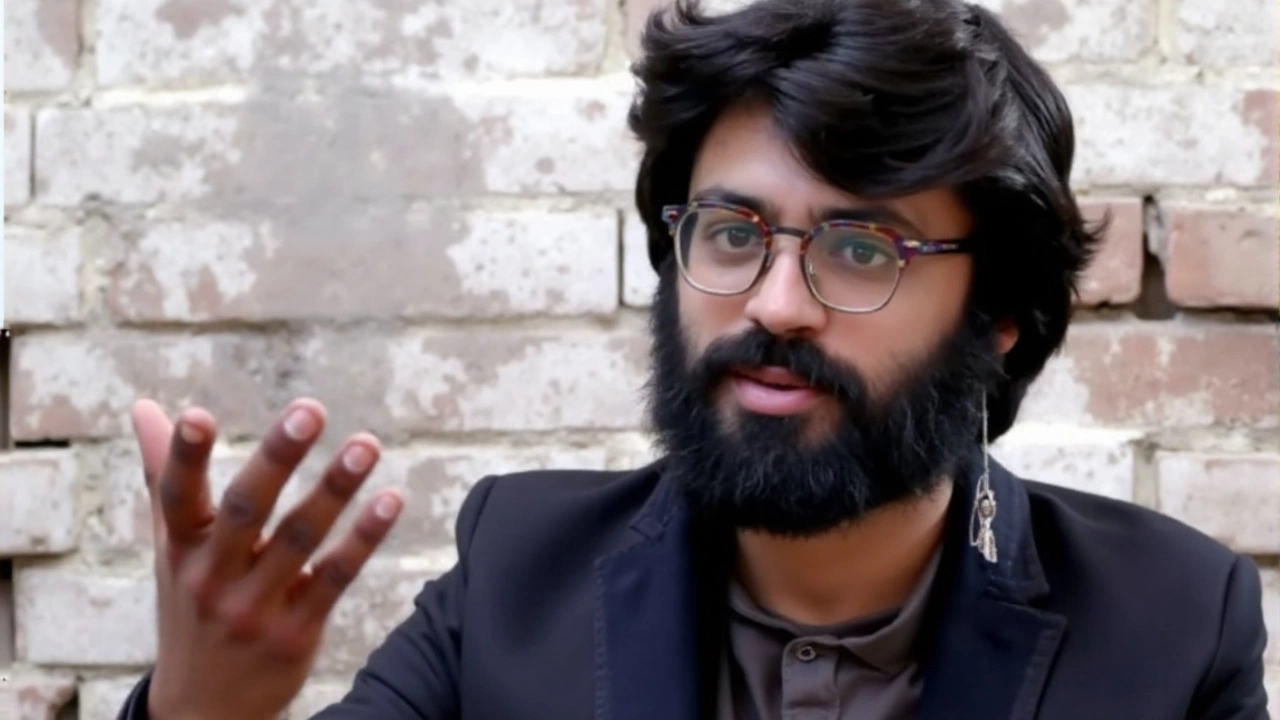Sharjeel Imam: Who He Is and Why He’s in the News
If you’ve skimmed Indian headlines lately, you’ve probably seen the name Sharjeel Imam pop up more than once. He’s not a celebrity, but his story has been talked about in courts, parliament and street debates. So who is he and why should you care? In simple terms, Sharjeel is a former student activist who got tangled up in a high‑profile legal case after the 2019 campus protests. The case turned into a political flashpoint, making him a symbol for many who feel the system is unfair.
From Campus Activist to High‑Profile Prisoner
Back in 2019, Sharjeel was studying at a Delhi university when students organized a protest against a controversial government policy. The protest turned chaotic, and police filed a case accusing a few students – including Sharjeel – of inciting violence and posting inflammatory content online. He was arrested, charged under the Unlawful Activities (Prevention) Act, and sent to jail.
The media covered the arrest heavily. Some outlets painted him as a dangerous extremist, while others argued he was just exercising his right to dissent. That split in coverage is still visible today, with each side using his name to push their own narrative.
Recent Court Battles and What They Mean
Fast forward to 2024, and Sharjeel’s legal team filed a petition asking the Supreme Court of India to hear his case directly, bypassing lower courts. Normally, cases climb the ladder from district courts to high courts before reaching the Supreme Court, but there are exceptions for matters involving fundamental rights. The petition argues that his detention violates constitutional guarantees of free speech and a fair trial.
Lawyers and activists see this move as a chance to set a precedent: if the Supreme Court takes up his case, it could tighten the rules around how the Unlawful Activities Act is applied. Critics, however, warn it might open the floodgates for more political cases to jump straight to the top court, slowing down the regular judicial process.
The hearings have attracted politicians from across the spectrum. Some opposition leaders have used Sharjeel’s name to demand reforms, while government officials defend the original charges as necessary for national security. The public debate is noisy, with social media hashtags trending each time a new development appears.
What does this mean for everyday readers? If the Supreme Court sides with Sharjeel, we could see stricter checks on how protest‑related cases are filed, possibly making it harder for the state to label dissent as terror. On the flip side, a rejection could reinforce the current tough stance on protest activism.
Beyond the courtroom, Sharjeel’s case shines a light on bigger issues: the balance between security and civil liberties, the role of student movements in shaping policy, and how media framing can influence public opinion. Whether you’re a student, a lawyer, or just someone who reads the news, understanding his story helps you see the bigger picture of India’s evolving democracy.
Bottom line: Sharjeel Imam isn’t just a name you see in headlines. He’s a focal point in a debate that touches on law, politics and everyday freedom. Keep an eye on his case – it’s likely to shape how future protests are handled and how the courts interpret fundamental rights. Stay tuned for updates, because the next twist could come any day.
Delhi High Court bail verdict: Why Umar Khalid, Sharjeel Imam and 8 others were denied relief in 2020 riots case
The Delhi High Court has rejected bail for Umar Khalid, Sharjeel Imam and eight others in the 2020 Delhi riots conspiracy case, calling the violence premeditated. The accused have been in jail for over five years. The court brushed aside delay arguments, saying a rushed trial would hurt both sides. Sharjeel Imam has moved the Supreme Court, setting up a key test on bail under the UAPA.
